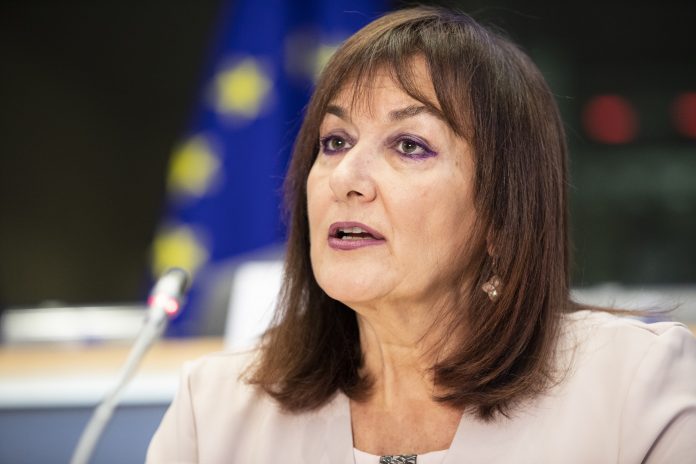Dubravka Šuica, Vice-President for Democracy and Demography, charts her priorities for building a resilient and future-ready democracy in the EU
In the ever-evolving landscape of global politics, the European Union (EU) faces the dual challenge of upholding its democratic values and ensuring economic resilience. This op-ed emphasises the importance of trust, engagement, and future-proofing our democratic practices, alongside maintaining a robust market economy capable of withstanding competitive pressures.
Earning and maintaining trust
Democracy, the rule of law, and human rights stand at the core of the EU’s foundational principles, as enshrined in Article 2 of the Treaty. These values are not just political ideals but the foundation of trust between European citizens and their institutions. In an era marked by misinformation and societal polarisation, reaffirming our commitment to these principles is crucial.
Democracy is an essential part of our Social Market Economy
The symbiosis between democratic institutions and a functioning market economy is undeniable. Democracy is not only good for business, but essential for a society that values economic participation, social inclusion, and inequality reduction. This balanced focus on democracy and economy, also delineated in the Copenhagen Criteria for EU membership, highlights our comprehensive approach to governance. Rule of law – and economic criteria are part of the so-called ‘cluster on fundamentals’ and play a central role in accession negotiations, as sufficient progress will need to be achieved before other chapters can be opened.
Fostering intergenerational dialogue and engagement
Intergenerational dialogue and solidarity are key to a resilient democracy. By empowering the younger generation and valuing the contributions of older persons, we ensure broad participation across all generations. Initiatives like the European Children’s Participation Platform and the European Citizen Panels demonstrate our commitment to inclusive policymaking, involving citizens of all ages and all segments of society in crucial decisions.
Adapting democracy in the EU for the future
Democracy in the EU is recognised as a dynamic, living entity that thrives on engagement, dialogue, and broad participation. Beyond elections, it’s about creating a space where all voices, especially those underrepresented, are heard and considered. The recently adopted Defence of Democracy package is a testament to our proactive stance against emerging challenges such as climate change, digital transformation, demographic change, and misinformation. This comprehensive initiative aims to enhance citizen engagement, protect elections, and increase transparency in political advertising, embodying our dedication to evolving democracy.
Internal and external threats
However, democracy’s journey is continuous, necessitating vigilance and persistent effort. The Defence of Democracy package, while a significant advancement, is part of an ongoing process to confront internal and external threats, including cyber-attacks and the spread of disinformation. The role of civil society and individual citizens in this process is paramount, as democracy flourishes with informed, engaged, and empowered citizens. The EU’s support for initiatives that bolster citizen participation and strengthen civil society at all governance levels ensures that our democratic process is both top-down and bottom-up.
Towards a resilient and future-ready EU democracy
As we stand today, the EU represents a Union of values that goes beyond mere economic or policy considerations. It is a commitment to a broader democratic construct that prioritises social cohesion, environmental sustainability, intergenerational fairness, and economic prosperity. As we move forward, we will continue to adapt and strengthen our democratic institutions and practices, ensuring they are fit for today’s and tomorrow’s challenges.











